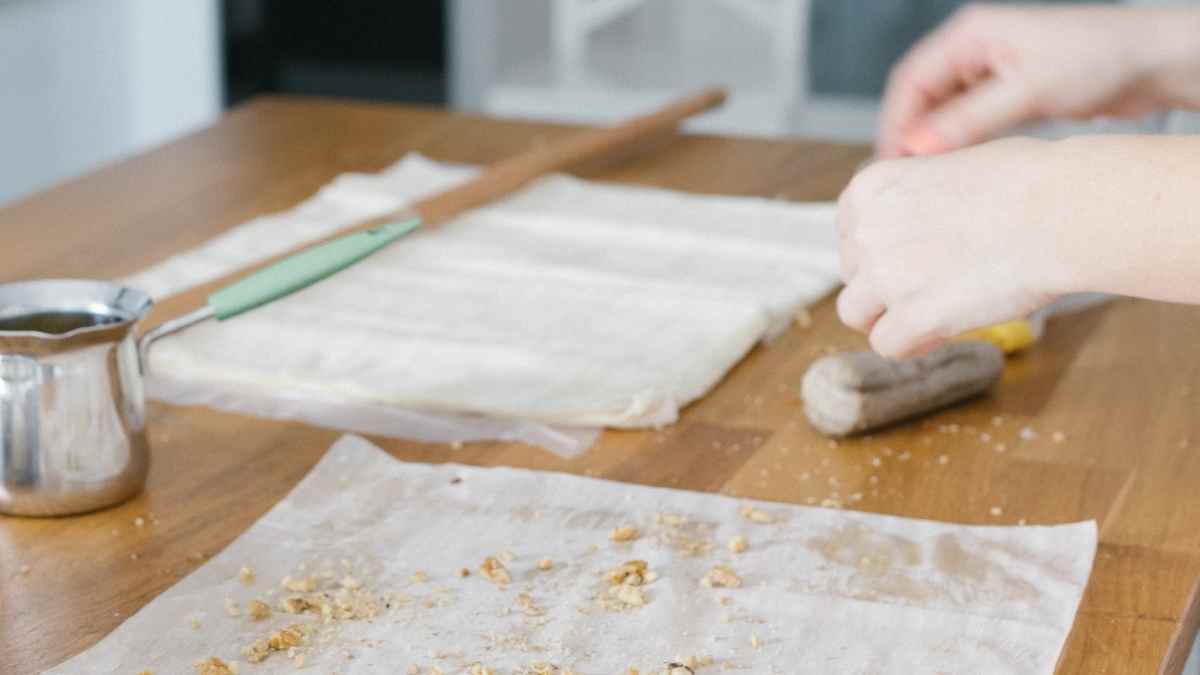Parchment paper is paper that bakers usually use to remove whatever is being baked easily.
It makes baking a lot easier!
But, what about the environmental impact of using parchment paper? Is parchment paper compostable? Or is it recyclable?
Here is our guide!
Spoiler alert – multi-use baking sheets are a much better zero-waste alternative!
What Is Parchment Paper?
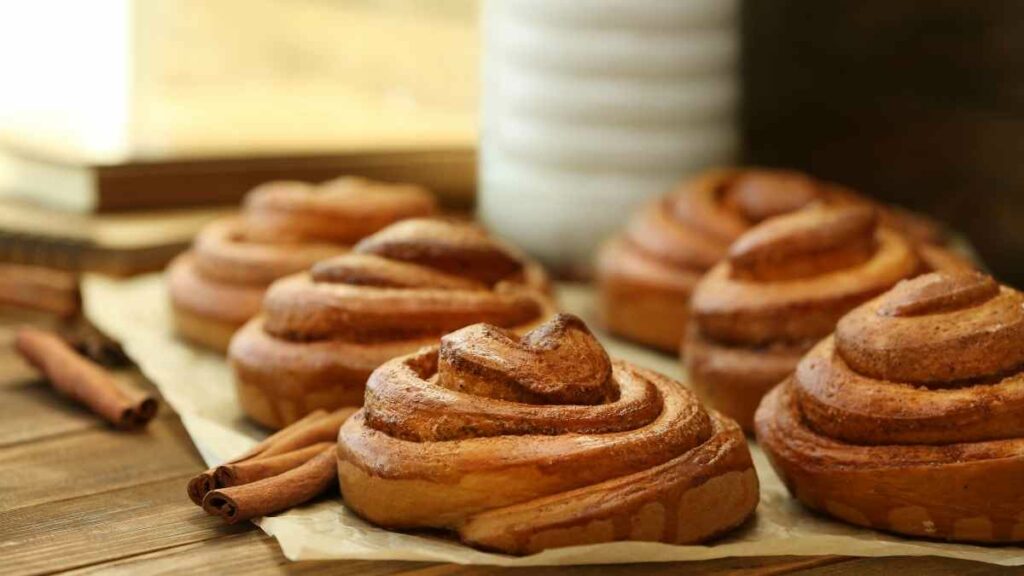
Parchment paper is a non-stick roll of paper used in kitchens worldwide.
Because it makes things simpler, parchment paper has long been an essential culinary and baking material. Another benefit is that it keeps sticky stuff from clinging to your baking pans and trays.
They are pretty popular in most families because of their remarkable and versatile character. If you cook and bake frequently, we’re sure you go through a lot of parchment paper each year. If you do bulk shopping, you must have at least a couple of boxes in your home storage.
-
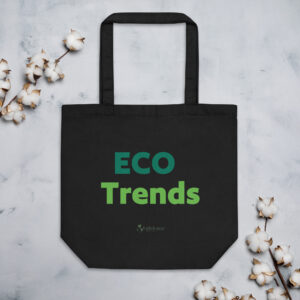
Fashionably Green and On-The-Go
£16.50 Select options This product has multiple variants. The options may be chosen on the product page -
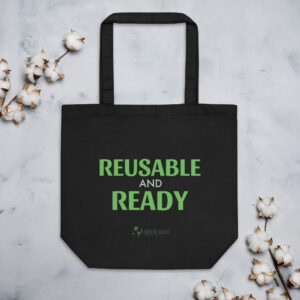
Reusable and Ready Eco-Friendly Tote Bag
£16.50 Add to cart
Can You Recycle Parchment Paper?
The bulk of parchment paper created now is silicone-coated to provide non-stick characteristics. This, like other coated varieties of paper, makes recycling difficult since you cannot easily separate the components.
Therefore, you should not recycle the parchment paper with paper, but you may check with your trash hauler or local recycling service to be sure.
Keep in mind that any paper with oils or food residue will impact the quality of paper generated by the recycling process. Any paper that has been tainted in this way should not be recycled.
The upshot is that not all parchment papers are recyclable. Always check the packaging.
Is It Possible To Compost Parchment Paper?
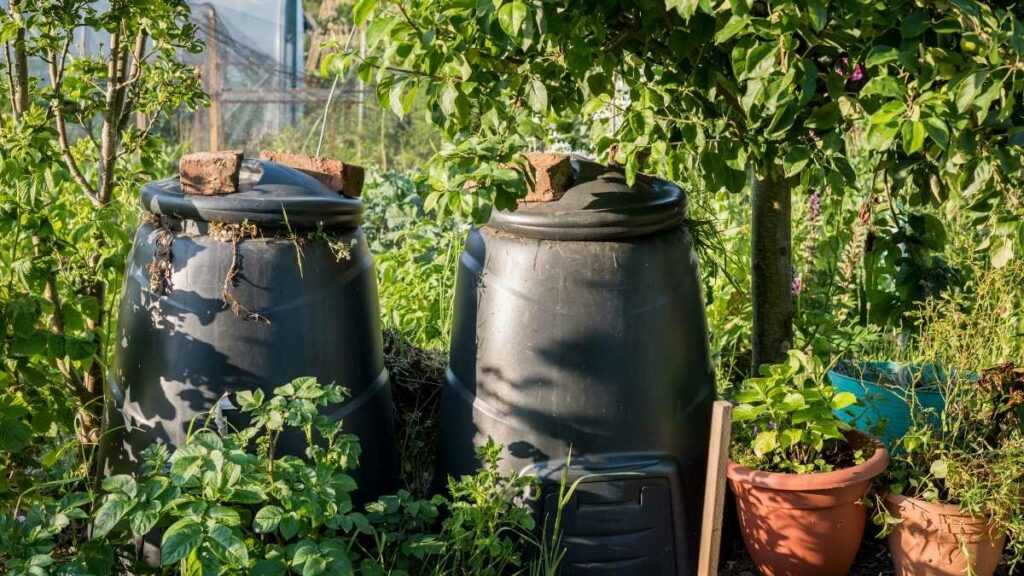
Parchment paper is just paper with a coating of silicone on top. We all know that paper is derived from trees, and silicone is made from sand that has been treated.
Both materials are biodegradable, which will degrade if microorganisms contact them.
Compost has to be biodegradable.
It’s because your compost pile is designed to be used to generate fertilizer, and for this goal to be met, everything in it must be broken down.
They must decompose before being used as fertilizers, and only biodegradable materials decompose.
Don’t mix them.
Non-biodegradable materials can also be broken down; however, those materials only break down into tiny fragments. They never completely dissolve. It also takes several decades for this process to be finished, and most of the time, this is due to weather and time constraints.
One other catch to composting parchment paper is that you know only biodegradable materials may be composted.
Not all parchment paper is biodegradable.
There are two varieties of parchment paper: bleached and unbleached. You guessed correctly; the bleached ones are white, while the unbleached ones are traditional brown.
Non-bleached parchment paper is environmentally friendly, however bleached parchment paper is not.
Bleached
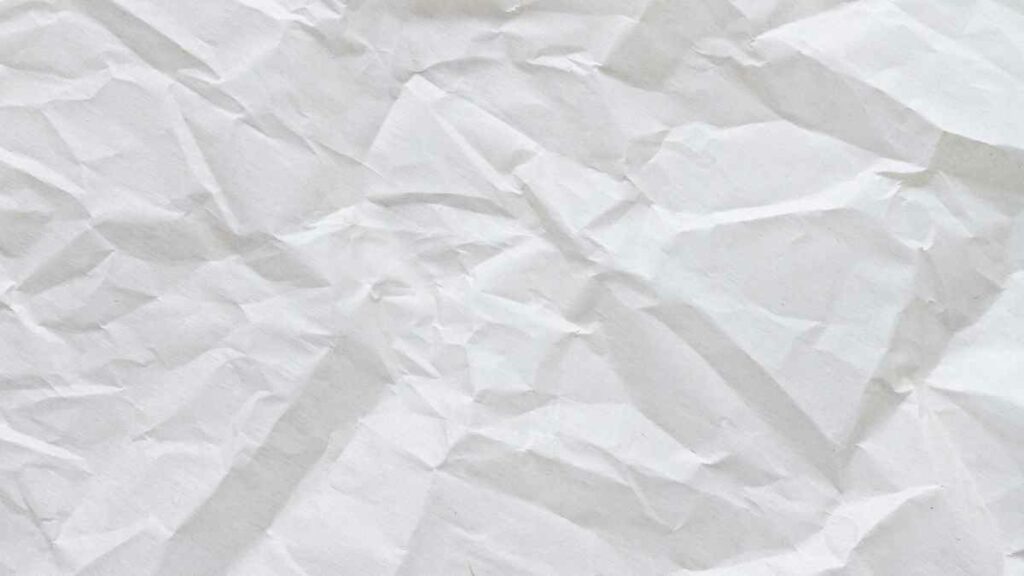
Bleaching often necessitates the inclusion of chemicals and a rigorous production procedure. Bleached parchment paper is not the best kind of parchment paper to use.
The only distinction between bleached and unbleached parchment paper is color; both perform the same functions. Bleaching parchment paper is done mainly for aesthetic reasons.
Unbleached
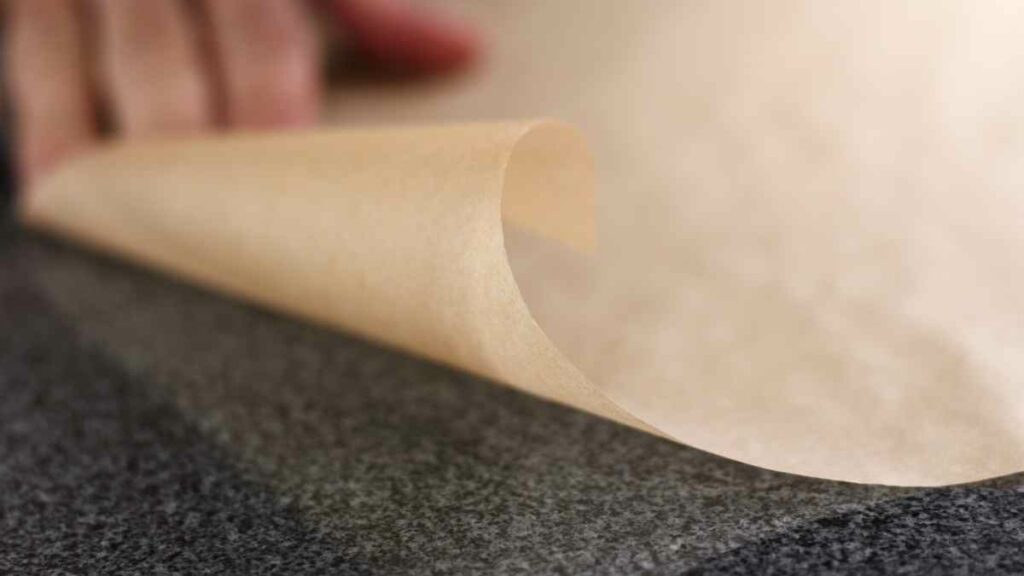
Unbleached parchment paper may be composted since it contains no chemicals; however, the same cannot be said about bleached parchment paper. Keep them away from your composting area.
Here’s another fantastic hint for you. What’s keeping you from adding unbleached parchment paper to your compost pile now that you know it’s compostable?
We have a cheat tip for you if you decide to do so.
Cut your parchment paper into tiny pieces, soak them in warm, frothy water, then remove them and place them in your compost pile. As a result, the parts will degrade even quicker than if they were still intact.
It’s a great tip to make parchment paper biodegradable or more biodegradable than it already is.
Is Parchment Paper Dangerous to the Environment?
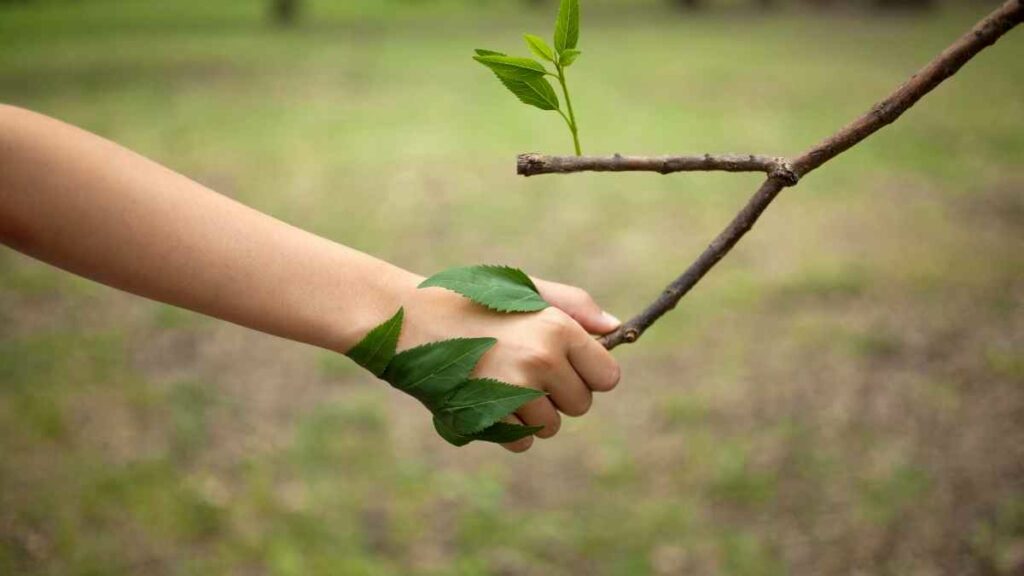
You may be wondering if parchment paper is damaging to the environment because you use it so frequently. The answer is, it depends.
The use of parchment paper is not usually harmful to the environment once it has been made.
It is, however, one of the single-use items that work against a zero-waste lifestyle. A zero-waste alternative to parchment paper is multi-use baking mats.
The short answer is: Unbleached parchment paper can be composted, but the fact that it is seen as a throwaway item means it isn’t great for the environment all in all.
Time to replace it with a multi-use item! You will save money in the long run, which is an additional benefit.
Bleaching Parchment Paper
On the other hand, the bleaching procedure is harmful to the environment. For example, the manufacturing process uses bleach chloride to eliminate the brown hue. Bleach chloride is, of course, a chemical, and chemicals are highly damaging to the environment.
If you throw away your bleached parchment paper incorrectly, it will not disintegrate. Instead, it will just take up space in our landfills while emitting hazardous pollutants into the environment.
What you can do now to safeguard the environment is appropriately dispose of your bleached parchment paper.
Conclusion
Is parchment paper compostable or recyclable? Hopefully, now you know the answer to these questions. Unfortunately, not all types of parchment paper are recyclable, and not all types of parchment paper can be composted.
As I mentioned above, your best bet is to use multi-use baking mats. If you can’t buy these (even though it makes financial sense), you should go for unbleached parchment paper instead. Set up a composter to make it a little more environmentally friendly.
Good luck!

